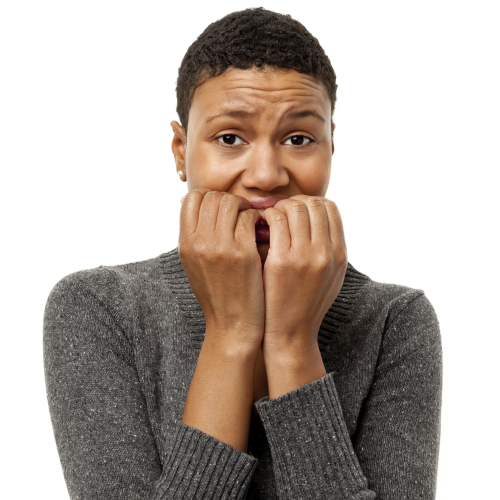Oct 24, 2014
The Halloween factor: Why people enjoy the thrill of fear
The Halloween factor: Why people enjoy the thrill of fear
CHICAGO — As Halloween quickly approaches, the horror-filled haunted houses, movies and attractions are plentiful, and revelers come in droves to partake in the entertainment. But, why do people voluntarily induce the feeling of fear on themselves this time of year? DePaul University faculty experts can weigh in.
DePaul experts available to speak include:
Shayna Connelly, assistant professor, College of Computing and Digital Media. Connelly is a filmmaker whose recent work focuses on hauntings and the cultural significance of ghosts. She teaches classes about the supernatural in film and horror film and can discuss the reasons people are drawn to fear, dread and disgust in cinema. “You can debate whether ghosts are real, but no one can deny that hauntings exist. Hauntings are a natural result of trauma.” She can be reached at sconnelly@cdm.depaul.edu or 312-362-8907.
Leonard Jason, professor, College of Science and Health; director of the Center for Community Research. Jason is a clinical psychologist and can speak to the psychological aspects of fear. “Some people like the thrill fear evokes, which is similar to what occurs when people sky dive after jumping out of airplanes or ski down steep mountains. It all involves the stress system being challenged and the results are that a person feels excited, very alive and focused.” He can be reached at ljason@depaul.edu or 773-325-2018.
H. Peter Steeves, professor, College of Liberal Arts and Social Sciences; director, The DePaul Humanities Center. Steeves is an expert in phenomenology, and is able to discuss fear from a philosophical vantage point. He has also been interviewed several times on the topic of zombies, and has written and lectured on the philosophical meaning of people's fascination with zombies. “Our cultural obsession with zombies speaks to a variety of philosophical, psychological, historical, and ethical issues surrounding our conceptions of death, regret, loss, guilt, and nostalgia,” says Steeves. “Philosophy has a lot to say about this, shedding light on what it means to be a zombie, to be worried about zombies, and even to be entertained by zombies.” He can be reached at psteeves@depaul.edu or 773-325-1153.
###

DePaul faculty experts are available to speak on the topic of fear and why people voluntarily induce fear on themselves at Halloween by visiting haunted houses and going to horror movies. (Photo provided by ?iStock.com/drbimages)
